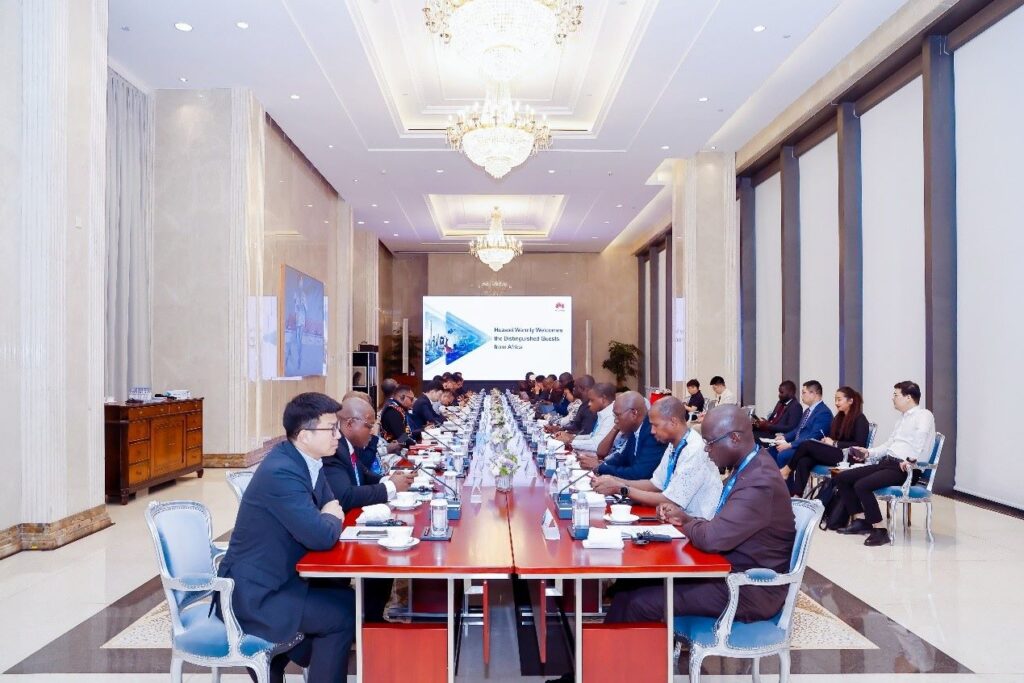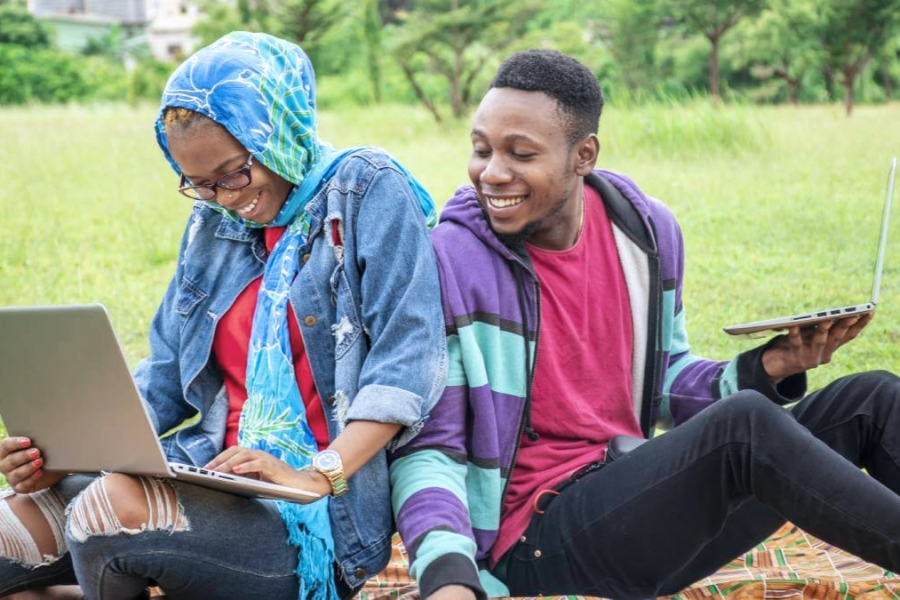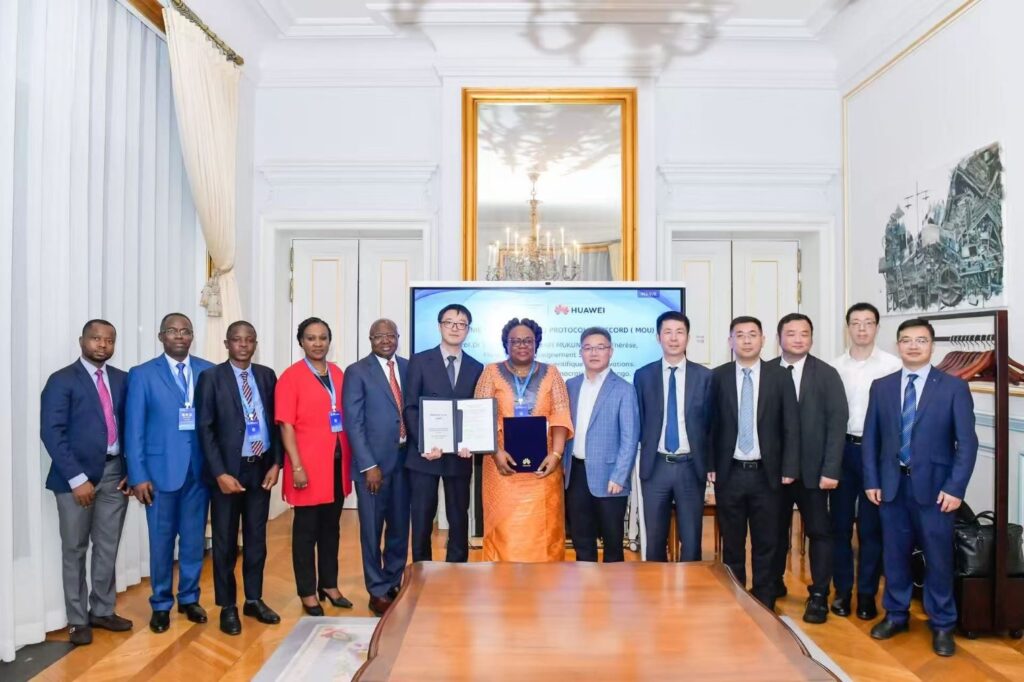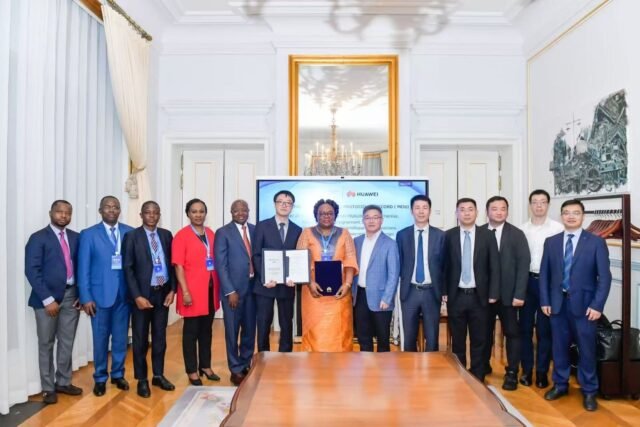Huawei hosted the first-ever African Inclusive Education Forum alongside the Global Smart Education Conference in Beijing. The event brought together over 30 educational leaders from African nations—including Egypt, Algeria, Senegal, the Democratic Republic of the Congo, and Cameroon. These participants, comprising education ministry officials, university representatives, and policymakers, converged to enter transformative collaborations with Huawei. Memoranda of Understanding (MoUs) and Letters of Intent (LoIs) were signed with several countries to kickstart inclusive education initiatives using digital and intelligent technologies.
The message was clear: Huawei is committed to removing educational barriers in Africa through innovative tech solutions. With the fresh endorsements, the company sets out to democratise access to quality education in a way that’s both equitable and sustainable.
Table of Contents

Harnessing End-to-End Digital Tech for Equity
In his keynote, Ye Ziping, Vice-President and Chief Digital Officer of Huawei Northern Africa, warmly welcomed distinguished guests and reiterated Huawei’s determination to build inclusive solutions tailored to Africa’s unique educational landscape. Meanwhile, Peter Zhang, Vice-President of Huawei’s Global Public Sector Business Unit, highlighted the critical importance of ICT talent development. Over the past decade, Huawei has partnered with more than 3,000 universities, established Huawei ICT Academies worldwide, served over 7,800 educational institutions across 120+ countries, and trained over a million students.
Liu Yue, Director of Inclusive Education at Huawei Northern Africa, emphasised Africa’s pressing challenges—resource shortages, infrastructure gaps, and uneven quality of education. Huawei’s answer: an end-to-end “device-pipe-cloud-intelligence” model featuring affordable cloud terminals, smart classrooms, campus connectivity, and AI-enhanced cloud solutions. These are intended to shatter physical and social boundaries, promote educational equity, and accelerate the digital transformation of African learning systems.

Real-World Commitments and African Partnerships
Concrete partnerships took centre stage with two significant agreements:
- In the Democratic Republic of the Congo, Minister Prof. Dr. Sombo Ayanne Safi Mukuna Marie-Thérèse signed a Letter of Intent with Huawei. This pact targets the development of digital infrastructure for universities—including smart classrooms and online learning platforms—as well as digital training for faculty and students. A joint innovation lab to nurture digitally skilled young professionals is also on the agenda.
- In Senegal, the Ministry of National Education, represented by Mr. Moustapha Mamba Guirassy, entered into an MoU with Huawei (in partnership with Sonatel) to enhance digital teaching equipment, infrastructure, and talent cultivation strategies. This agreement seeks to drive the digital transformation and inclusivity of Senegal’s education system.
Moreover, African delegates seized the opportunity to visit showcases in Beijing, Shenzhen, and Dongguan, engaging directly with Huawei’s educational innovations and Chinese counterparts. The goal: foster deeper understanding and alignment in efforts to leverage ICT for educational equity in Africa.
The Broader Vision: Tech-Powered Equity in Education
Huawei’s efforts align with broader global and regional aspirations. The company’s “device-pipe-cloud-intelligence” ecosystem embodies a holistic approach: from hardware deployment, connectivity solutions, cloud access, to AI-driven intelligence. By breaking down geographical and socio-economic barriers, this model accelerates Africa’s path toward universal, high-quality education.
African students and educators stand to reap significant benefits: personalised learning experiences, efficient dissemination of quality content, and opportunities for skill development—even in remote or underserved areas. Huawei’s commitment to tailor solutions to local contexts, rather than imposing one-size-fits-all models, suggests a mindset centred on empowerment and collaboration.
These initiatives echo other global efforts—like UNESCO’s “Technology-enabled Open Schools for All” project and Huawei’s TECH4ALL partnership in Kenya, where optical connectivity revolutionised education in schools for the deaf and underprivileged regions.
Key Takeaways
| Key Theme | Highlights |
|---|---|
| Event | African Inclusive Education Forum during Global Smart Education Conference (18–20 August 2025) |
| Core Strategy | Inclusive education through AI-enabled “device-pipe-cloud-intelligence” |
| Key Figures | Ye Ziping, Peter Zhang, Liu Yue |
| Capacity Building | 7,800+ institutions served; 3,000+ universities; 1M+ students trained |
| MoUs/LoIs | DRC: digital infrastructure & innovation lab; Senegal: smart infrastructure & talent development |
| Vision | Democratise access to quality education across Africa via tailored digital ecosystem |
| Global Alignment | Parallels with UNESCO and TECH4ALL efforts in inclusive digital education |

Conclusion
Huawei’s bold pledge to advance inclusive education across Africa with AI and digital tech loops in more than promises—it blends strategic vision, infrastructure plans, and local partnerships. By aligning technology with inclusive education goals, Huawei hopes to be a key catalyst in transforming African classrooms for the better.
This initiative offers a template for how multinational tech firms can support equitable education in developing contexts—especially when genuinely aligned with local needs and delivery systems. As Africa continues its digital journey, investments like these hold real promise for educational transformation that resonates with hearts and minds across the continent.
Join Our Social Media Channels:
WhatsApp: NaijaEyes
Facebook: NaijaEyes
Twitter: NaijaEyes
Instagram: NaijaEyes
TikTok: NaijaEyes













![Tragic Incident: Fans of Seyi Vibez Die in Fatal Accident After Electrifying Lagos Concert [VIDEO] Seyi Vibez](https://naijaeyesblog.com/wp-content/uploads/2025/08/Seyi-Vibez-180x135.avif)


























